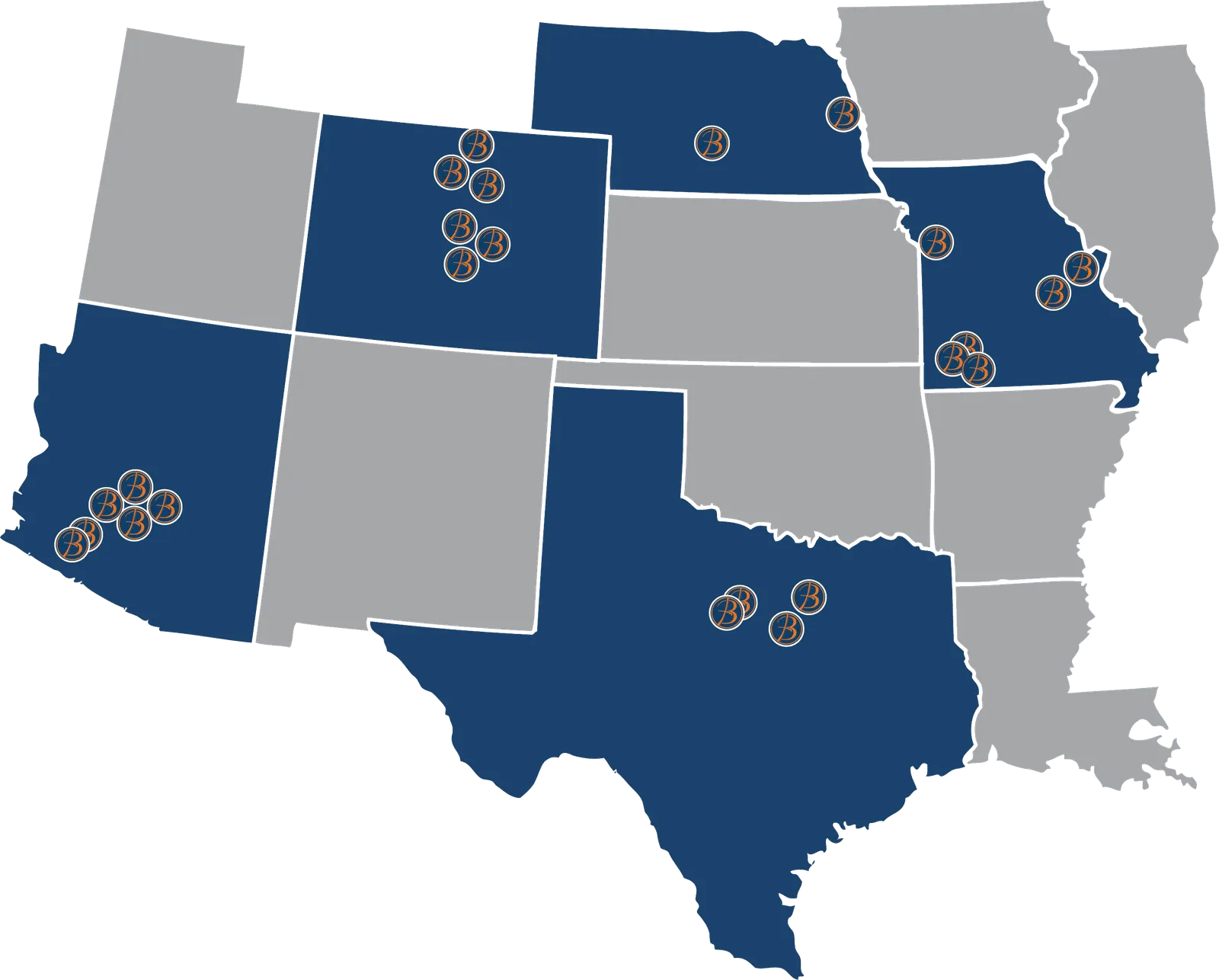The journey of learning and growing in your faith and philosophy is a life-long one. You can always learn more and have new spiritual experiences. And even if you’re already saved and already have a solid personal philosophy, learning new things still helps you grow and can be fun. If you’re interested in diving deeper into theology and philosophy, here are four resources to help on your path.
One of the most valuable and overlooked resources is people. Every person you meet holds more knowledge and experience than any book. If you’re interested in growing in your faith or just learning more about theology, striking up a conversation will lead you to all kinds of discoveries about the person you're talking to, you and your faith.
A good place to start is with spiritual leaders. These can be anyone who takes up the role of spiritual guide, whether they're a more formal leader, such as a pastor, or just someone who is well studied or experienced in spiritual matters. Going to spiritual leaders with questions about faith or philosophy can be very beneficial for your spiritual journey as these members of the community are blessed with spiritual gifts like teaching.
Discourse with other members of the community or even people of different faiths and philosophies is also an important part of growing spiritually. Learning about the ideas and experiences of others helps you understand them and grows your own perspective and knowledge. This can also be a chance for you to act as a spiritual leader and evangelize. Open discussion lets you share your faith and what you’ve learned without seeming pushy or deterring people. Consider joining or starting an open-forum spiritual group or Bible study so you can be a spiritual resource and learn from others.
Though the Bible has all you need for your spiritual journey as a Christian, your reading doesn’t have to end there. There is a sea of writings on religion and philosophy, and reading any of those works can help you with your philosophical and theological studies.
Even reading works that you disagree with provides you with different perspectives and ideas—or at the very least counter arguments to those ideas. Learning about other religions and their beliefs can make you more spiritually knowledgeable and let you approach discourse with people of those faiths with more understanding.
There are also a lot of writings that are good to pair with your Bible study. The Bible is full of complex ideas and time-specific metaphors. When Jesus spoke, he used many analogies and parables relevant to the people of that time and culture. So books and material that explain the cultural context of his message help you gain a deeper understanding while you’re reading. Allegorical books, such as The Chronicles of Narnia by C.S. Lewis might also help in this area. These kinds of stories are similar to what Jesus did with parables in that they put complex and deep spiritual ideas into a format that we’re great at digesting.
When reading religious and philosophical writings, it’s important to remember that just because something claims to be Christian does not mean it is necessarily true and it certainly doesn’t mean that it is God-breathed. Approaching everything you hear and read with discernment, prayer and even a little skepticism can ensure you aren’t fooled by false teachings.
The unarguably best spiritual resource comes straight from the Lion’s mouth. With all the books and study, it’s easy to forget the intuitive side of faith: being still and knowing He is God. Going to Him with your spiritual questions and truly listening to what He says is the only sure-fire way to know you’re getting the truth. Consider taking some time during prayer to just sit quietly and listen.
Discernment can sometimes seem a bit confusing. How do you know that it’s truly God guiding your feelings? This is where faith and trust come in. To be discerning, you have to completely surrender to God and just let Him guide you. You can’t discern truth on your own.
Books are pretty and smell great, but they also cost a lot of money and take up a lot of space. Luckily, there are tons of ways you can access spiritual and philosophical information online on a smart device or computer. One way is to buy the digital version of books, which are often cheaper than physical copies. There are also many free options such as online libraries. You can even use apps on your phone to access the whole Bible and search for your favorite verses and key words. These apps will also usually let you access a number of translations.

2045 Roanoke St.
Colorado Springs, CO 80906
Sales & Marketing: (866) 928-5321
Reception Desk: (719) 471-2285


